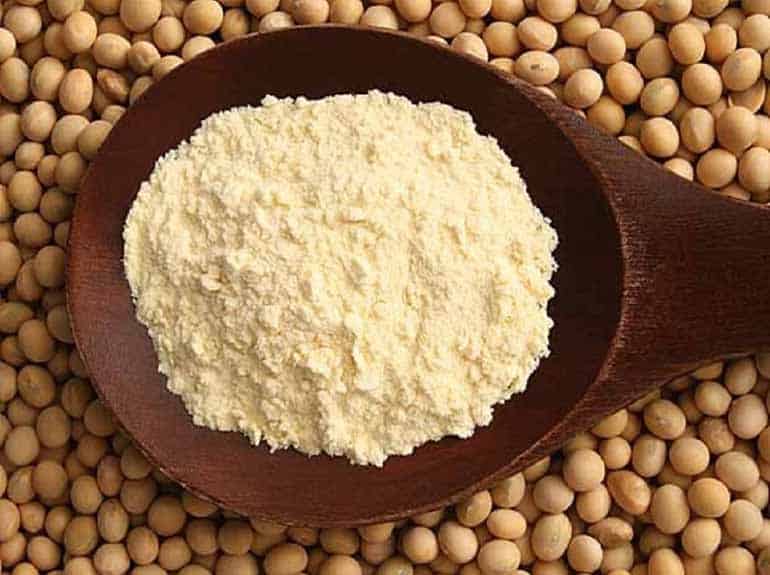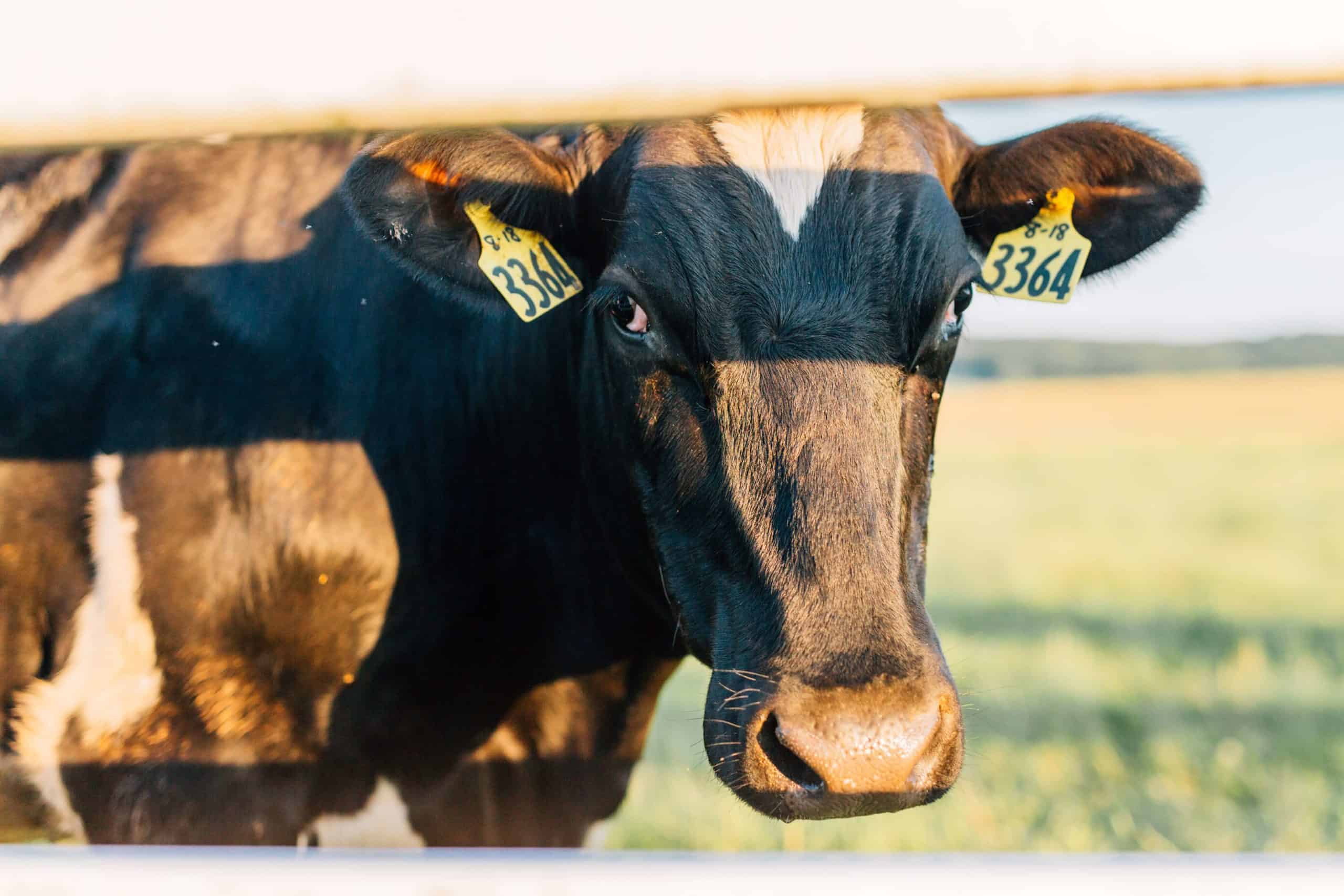Soy protein in CMR

The first problem with using soy proteins in milk replacers is the presence of anti-nutritional factors in soybeans. These include:
- trypsin inhibitor
- glycinin
- β-conglycinin
Trypsin inhibitor reduces digestibility by binding trypsin, an enzyme in the digestive tract. Glycinin and β-conglycinin are proteins that cause allergic reaction in some calves.
The second problem is the reduced digestibility in calves less than 3 weeks of age. Calves under 3 weeks of age have lower pancreatic enzyme secretion than older animals, so digestion tends to be considerably lower. This is especially true in non-milk proteins, which are not easily digested by very young calves.
An additional concern with using soybean protein is the amino acid profile compared to that of milk protein. Soybean protein is deficient in methionine, so inclusion of this important amino acid is necessary in milk replacers containing soy proteins.
Why is soy protein included in milk replacer?
Economics – plain and simple.
Milk proteins are very expensive, so substitutes are sought. Soy can be grown and harvested cheaply, and is very often sourced from low-labour cost third-world countries.
Ngahiwi feel that to skimp on calf health in those early important days is inviting problems.
How can you tell if your milk replacer contains soy protein?
Ring and ask, or if in store, check the label. The label will reveal ingredients.

